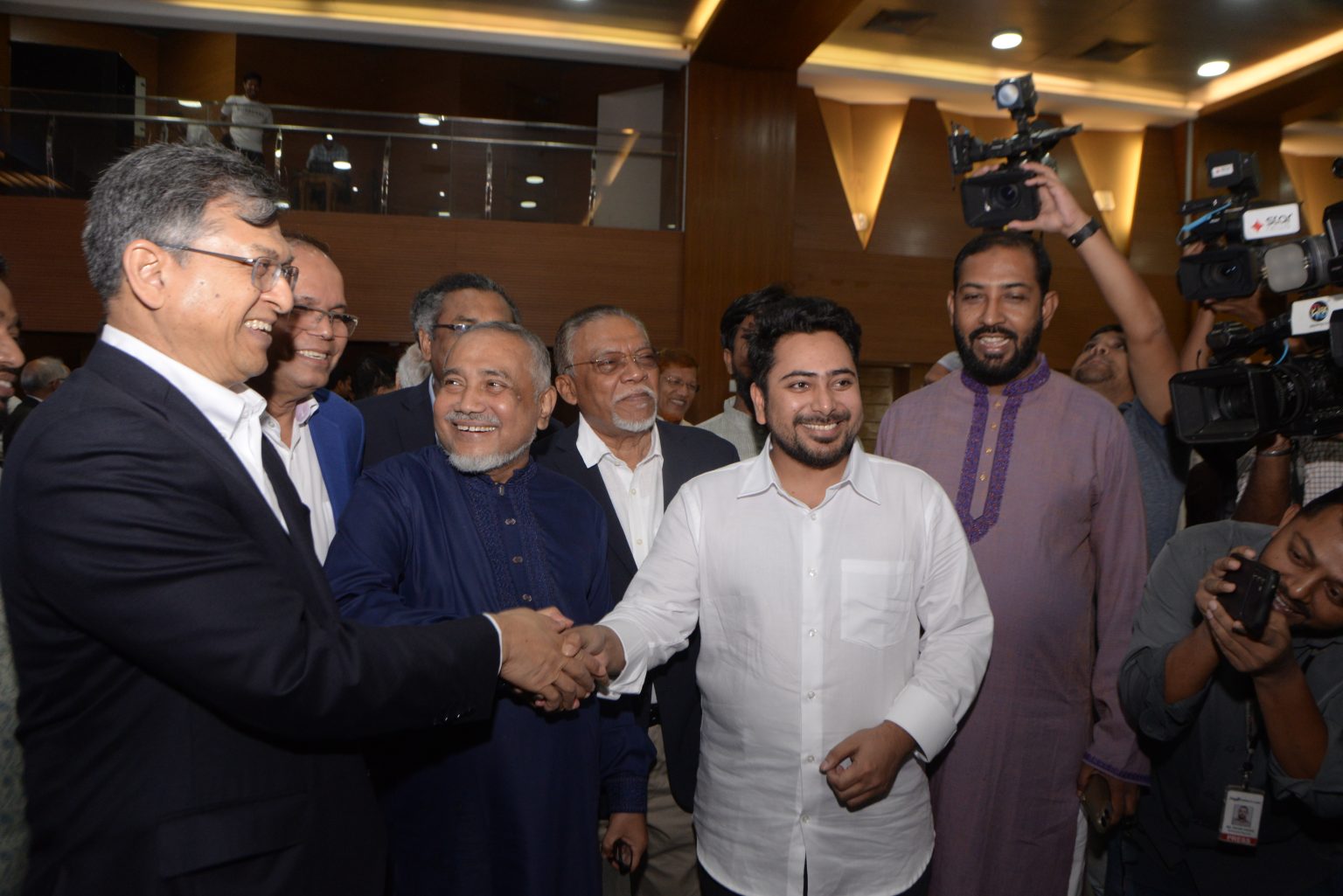Bangladesh’s path to its next general election has reached a critical crossroads. The tentative plan to hold elections in February 2026, once seen as a way out of the country’s political crisis, is now clouded by deep uncertainties and mounting challenges.
Since the fall of prime minister Sheikh Hasina’s government in August 2024, following a powerful student-led uprising, the country has been governed by an interim administration led by Nobel laureate Muhammad Yunus. Tasked with restoring order and guiding the nation towards fresh elections, the interim government now finds itself caught between competing demands for swift polls and sweeping reforms.
Timelines in conflict
At the heart of the current debate is the election timeline. The interim government had initially floated a broad window between December 2025 and June 2026. However, under pressure from political parties such as the Bangladesh Nationalist Party (BNP), February 2026 has emerged as a likely target.
BNP leaders, eager to regain political ground, have called for early elections to restore stability. “I see no signs that the election won’t happen in February 2026; preparations are underway,” said one senior BNP figure, expressing confidence in the timeline.
Yet others are sceptical. The National Citizen Party (NCP), born out of the student uprising, has warned that rushing into elections without fixing the country’s fragile law enforcement and political institutions risks delegitimising the process. NCP leaders argue that justice for victims of the July 2024 massacre must come before ballots are cast. Even some members of the interim government remain divided, reflecting the deep tension between calls for reform and demands for elections.
The Awami League dilemma
Another flashpoint is the fate of the Awami League (AL), the ousted ruling party, which remains banned from political activities under anti-terrorism charges pending trial. Some political leaders and military officials have floated the idea of allowing a “reformed” Awami League to participate in the election, arguing that inclusion is necessary for a credible, competitive vote.
This proposal has sparked fierce opposition from student leaders and other activists, who insist that allowing the AL back into politics before full accountability is served would betray the goals of the uprising. The issue has also divided other political forces — while some parties back inclusion for the sake of broader participation, others warn it could destabilise the process even further.
Security and logistical hurdles
Beyond politics, practical challenges loom large. The 2024 uprising shattered the country’s security apparatus, and efforts to restore law and order remain incomplete. Many regions continue to struggle with police shortages and political unrest.
Though February’s dry weather typically favours election logistics, concerns about rural infrastructure, voter accessibility, and lingering unrest persist. The Election Commission faces enormous pressure to prepare the necessary groundwork, while the military’s continued deployment has raised questions about its role in the upcoming vote. Military leaders themselves have stressed that major decisions should be left to an elected government, adding to the urgency of resolving the impasse.
Reform vs urgency
Perhaps the thorniest issue of all is the clash between the interim government’s reform agenda and the urgency of elections. The administration has promised major constitutional and electoral reforms to undo the institutional damage of previous years. However, delays in implementing these changes risk pushing back the election schedule.
Some political voices stress the need to prioritise elections over reforms, arguing that restoring democratic governance is more pressing. Others maintain that meaningful reforms must come first to ensure that the next government does not repeat the mistakes of the past.
Public frustration is growing, with many weary of political delays and anxious for a return to stability. As the debate drags on, the roadmap to elections remains unclear.
A pivotal moment
Bangladesh now stands at a pivotal moment. Whether the country can hold a credible, peaceful election in February 2026 — or at all — remains uncertain. The next few months will determine whether the interim government can successfully navigate this complex web of political demands, security concerns, and reform pressures.
The roadmap to elections is at a crossroads — and whichever path Bangladesh takes could shape its political future for years to come.


